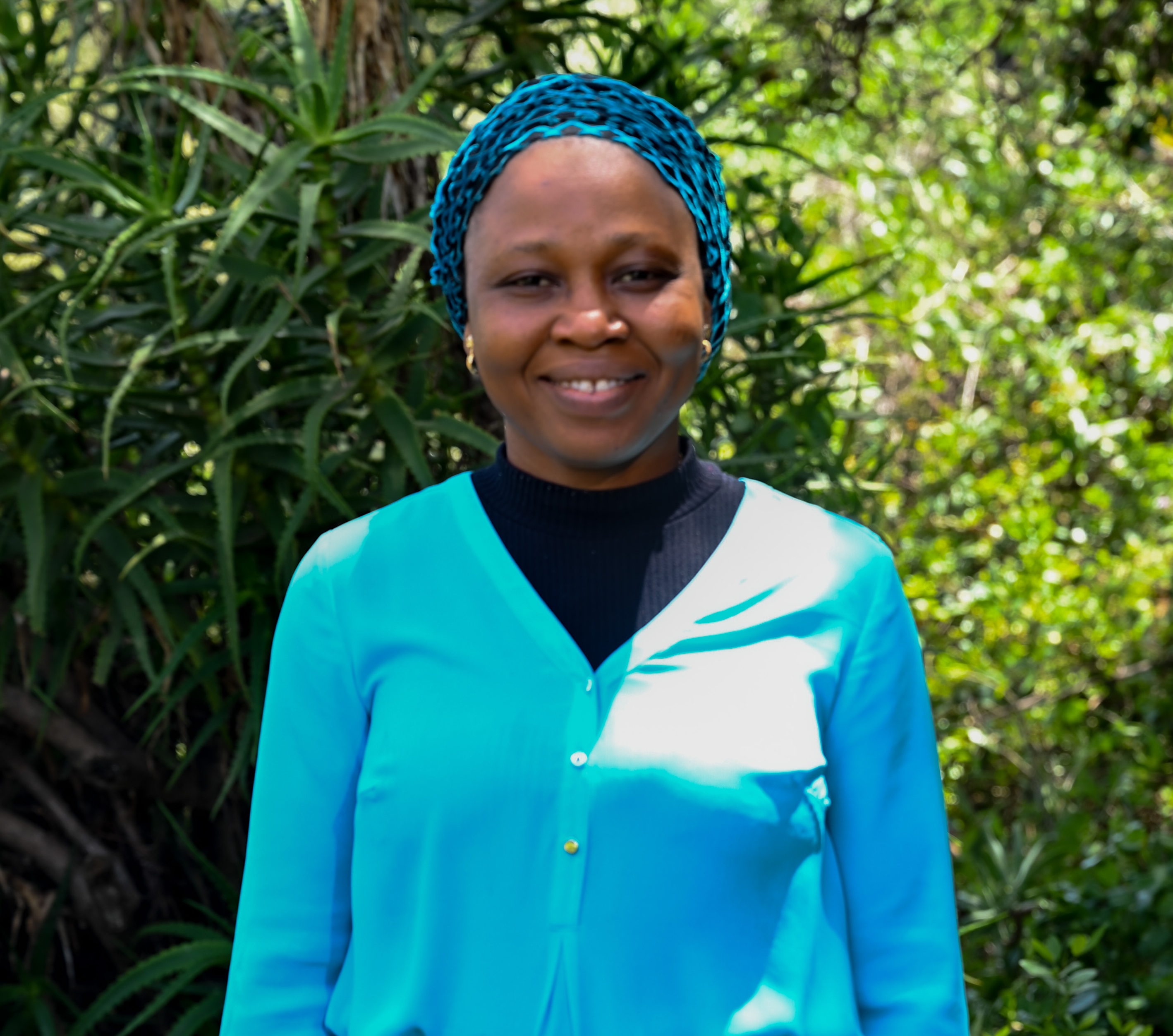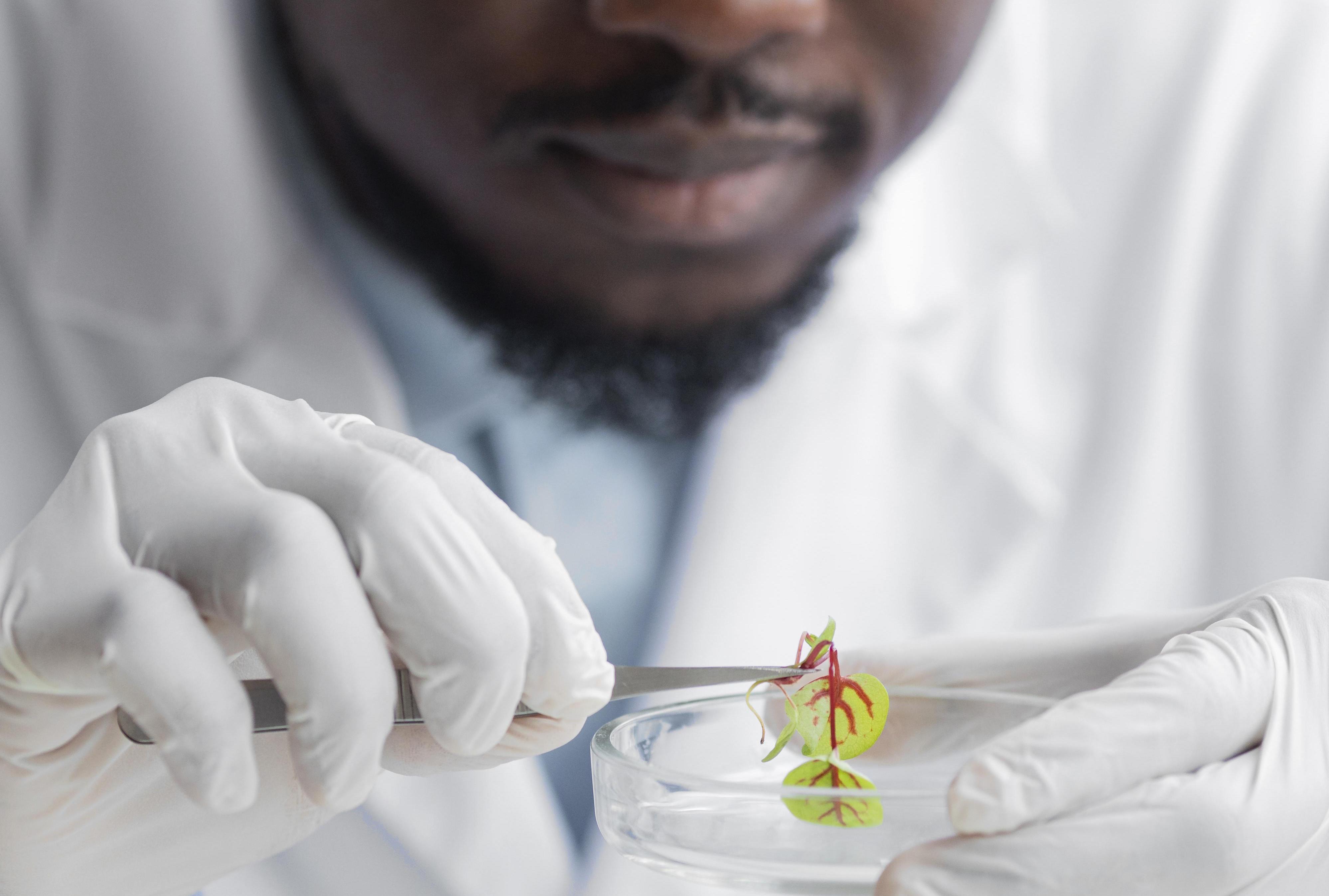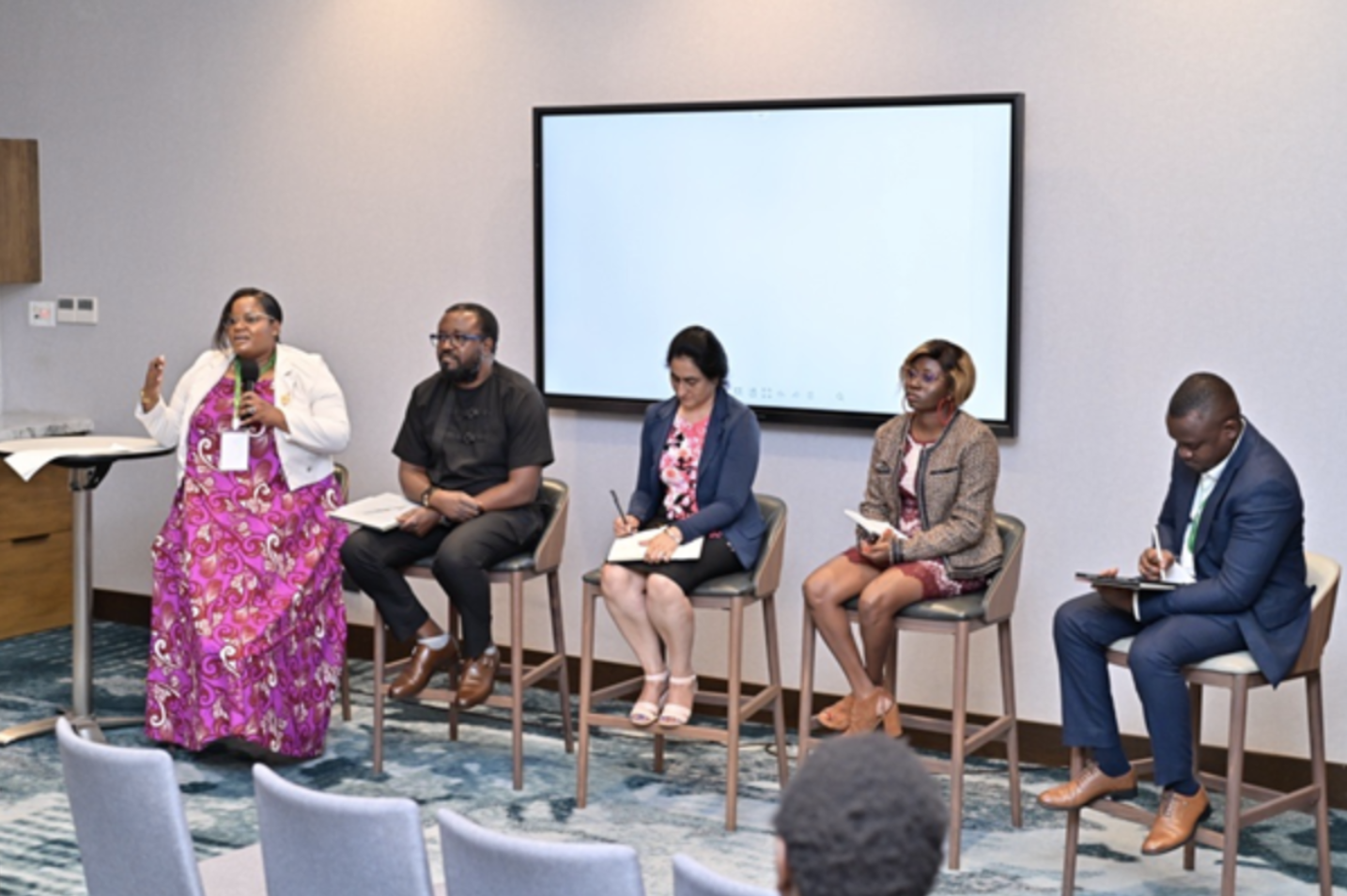
Impact Stories
The role of medicinal plants in Nigerian family planning
Tuesday, October 22, 2024

By Mutiat Ibrahim
Women of childbearing age in the developing world, especially in most of the countries in Africa, struggle to space their children and prevent unwanted pregnancies. Family planning has been encouraged using a variety of contraceptive methods in Nigeria.
According to the National Contraception and Fertility Planning Policy and Service Delivery Guidelines 2012, access to contraception services is a major factor that influences the use of contraceptives in South Africa. Health facilities may be hard to reach and operate during limited hours. Similarly, analysis of data obtained from the 2018 Nigeria Demographic and Health Survey showed that among 41,821 Nigerian women of average age of 36 years, 12.2% used modern contraceptive methods, while 16.6% used traditional methods. Modern contraceptives are perceived to have side effects such as hormonal imbalance, increased risk of cancer, weight gain, heavy menstrual bleeding, and genital infections.
Plant based birth control
The use of native plants as contraceptives is of particular interest because of the severe side effects that can be associated with synthetic contraceptive agents. Studies have indicated that over 80% of Nigerian people living in rural areas have predominantly depended on traditional plant knowledge to develop medicines. Related surveys have shown that about 74.3% of respondents make use of these populations utilized medicinal plants to treat common diseases such as malaria, perhaps not surprising given the accessibility of the regenerative parts of medicinal plants. Similarly, 66.8% of people in urban settings such as Lagos, Nigeria, have used medicinal plants to treat a variety of diseases. There is a perception that herbal contraceptives are preferable, as reflected in their longstanding and widespread use, and general familiarity with these plants. But the traditional use of medicinal plants by African women and adolescents to control fertility has mixed effectiveness. Because of this widespread use across populations, our research team is working to evaluate and validate claims of the effectiveness of different medicinal plant parts in one particularly common use case: to control birth (herbal contraceptives).
This research, funded by Grand Challenges Africa (GC Africa) will contribute to identifying and validating non-hormonal and safe herbal contraceptive agents that will stop the movement of sperm cells released into the vagina without causing irritation to the cervix and vagina.
So far, our team has conducted a survey on the use of traditional plant knowledge for medicinal options for male and female contraceptives. We started by meeting with traditional medical practitioners in different states in Southwest and North Central geographical zones of Nigeria. Taxonomists assisted with collection of some identified and authenticated herbal contraceptives for scientific validation in a laboratory in Lagos, Nigeria.
Respondents including caregivers, herb sellers and traditional medical practitioners interviewed in the survey recommended oral administration of herbal remedies, wearing of herbal medication-embedded rings, and incisions made with herbs to prevent conception. Herb sellers reported that they avoided intravaginal applications of contraception, because of concern that pre-existing genital infection will compromise the contraceptive effectiveness of the herbs. Some providers also feared that pre-existing conditions such as infection may be attributed by recipients to the herbal contraceptives, which could in turn lead to regulatory crackdown on herbal providers by health authorities. Other providers who declined to provide intravaginal treatment expressed the view that the genital area is sacred and should not be tempered with, even with herbal contraceptives. The goal of our research is to develop an agent that will prevent pregnancy and will not interact with the hormonal system (a non-hormonal contraceptive agent). Plants that act as herbal contraceptives will be investigated scientifically to validate claims of effectiveness and to identify candidates for non-hormonal drug development that is safe in the cervix and vagina.
This research, which will be done over a period of three years, has already benefitted from insight from other studies done by other scientists. The Innovation Contraceptive Research Workshop organized by CONRAD and KEMRI in Mombasa, Kenya provided insight into the potential for development of a multipurpose preventive technology not just for contraception but also to prevent HIV and STIs. The hands-on workshop session was particularly instructive on proper technique for handling human sperm cells in the laboratory – a major aspect of our research activity. A presentation by a reproductive biologist enhanced the design of our approach to developing a non-irritating, non-hormonal herbal contraceptive that will prevent unwanted pregnancies in biological females.
Mutiat Ibrahim's research seeks to identify and characterise the non-hormonal contraceptive activity of selected fertility-regulating plant extracts for the development into vaginal herbal contraceptive products with no irritations to the vagina and cervical mucosa.
Read more about her work: https://scienceforafrica.foundation/grand-challenges-africa
About the Author(s)

Mutiat Ibrahim
Ibrahim is a grantee of the Grand Challenges Africa initiative at the SFA Foundation.



